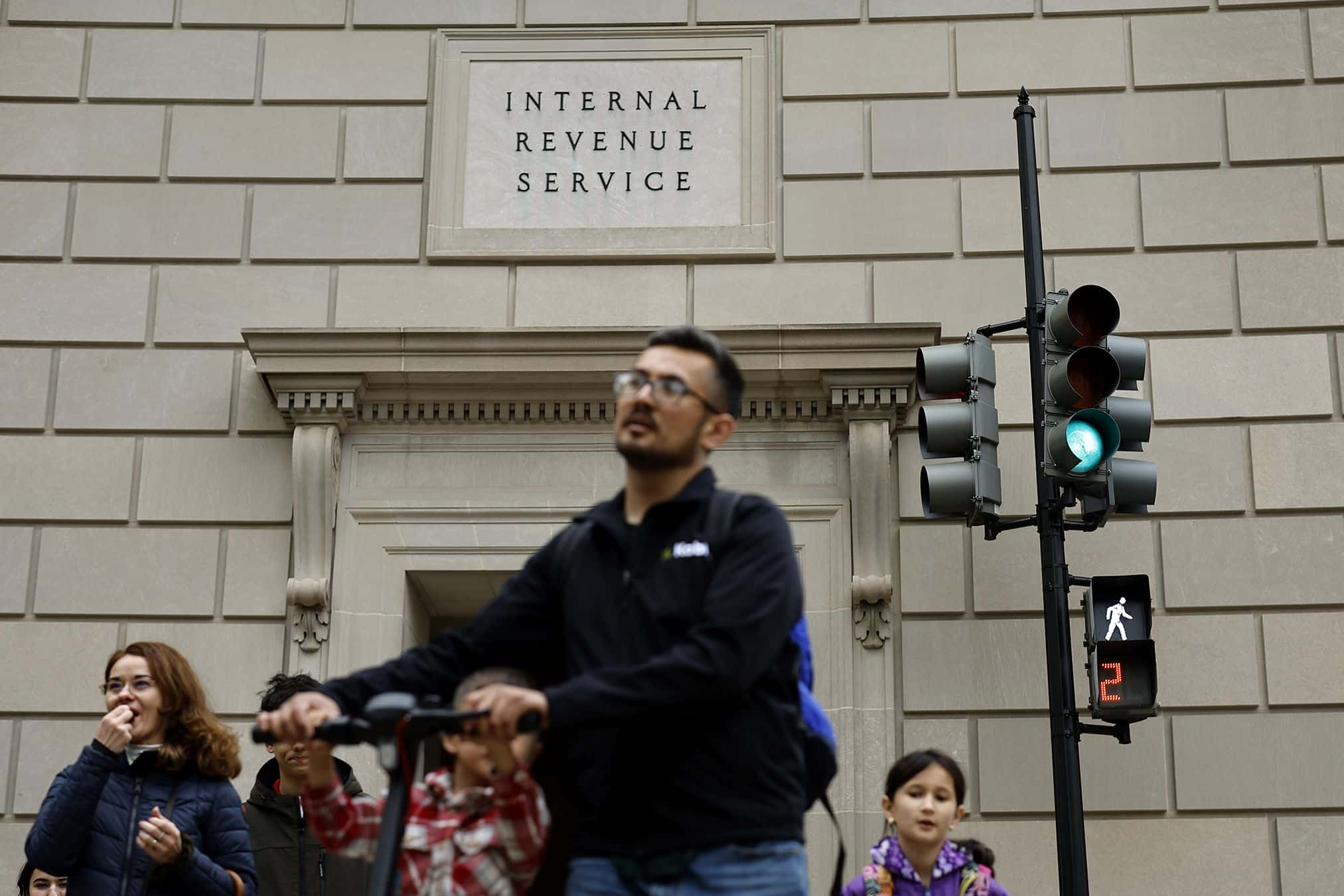The pilot program, set to be launched next year, is confronted with administrative, operational, and technological obstacles.

The IRS is planning to introduce a free tax-filing service called IRS Direct File, but it faces various challenges that could hinder its implementation
While the Internal Revenue Service (IRS) is still finalizing the details, concerns about costs, incentives, and state integration pose a threat to the feasibility of the project. If successful, the service could revolutionize tax filing for the approximately 75% of taxpayers interested in an IRS-operated free filing system. The initiative is viewed as a significant step for the government, although it is a relatively small pilot program for the IRS.
Outdated technology is a major hurdle for the IRS. The agency still relies on a 60-year-old software system that causes delays in processing taxpayer data and refunds. The system’s limitations, including the inability to secure direct messaging of documents, highlight its archaic nature.
State integration is another crucial factor for the success of the IRS Direct File. A survey conducted by MITRE Corp on behalf of the IRS revealed that 60% of taxpayers would continue using commercial software if the IRS service does not include state returns. This dependence on state cooperation creates technical challenges, as existing state systems were developed independently and lack a common standard.
The cost of the program and its funding sources are also significant concerns
The IRS estimates an annual cost of $250 million for 25 million filers, translating to approximately $10 per return. However, if only 5 million taxpayers use the service, the cost per return could increase to $16. IRS funding has been a subject of contention in Washington for years, and the agency’s ability to secure adequate resources for program development, maintenance, and updates remains uncertain.
Despite the potential benefits of a government-run free filing system, skepticism exists regarding the IRS’s ability to optimize savings for taxpayers compared to commercial software. Private tax preparation services are incentivized to identify credits and deductions that can help users save money, whereas the IRS may lack the same motivation.
The success of the IRS Direct File program hinges on addressing these challenges and finding viable solutions. While the potential impact on taxpayers is significant, the feasibility of the initiative will depend on overcoming administrative, operational, and technological obstacles, as well as securing adequate funding and cooperation from states.




